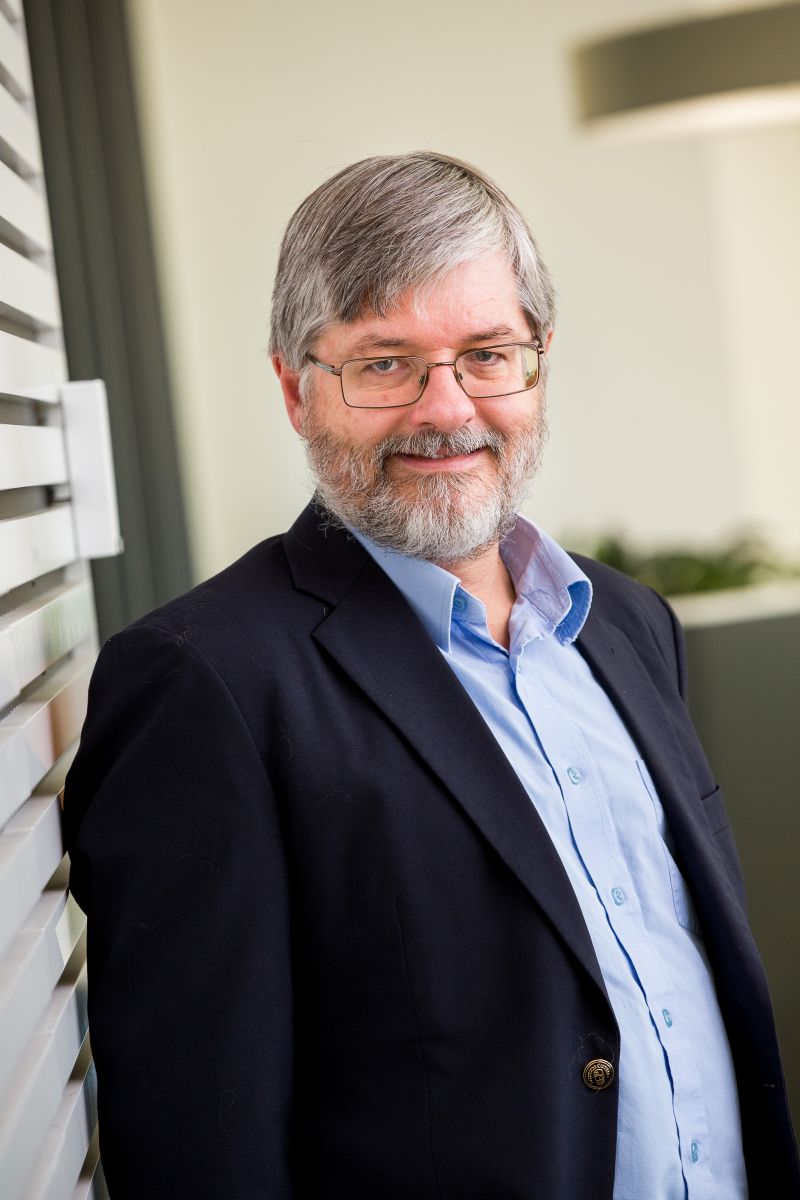Bio21 Director’s Message - 16 July 2020 - Honouring our elders
 Does wisdom correlate with age? Shakespeare’s ‘King Lear’ had some points to make on the topic and a few of our more senior global leaders appear to be sorely lacking when it comes to their approach towards the coronavirus pandemic and other urgent global crises.
Does wisdom correlate with age? Shakespeare’s ‘King Lear’ had some points to make on the topic and a few of our more senior global leaders appear to be sorely lacking when it comes to their approach towards the coronavirus pandemic and other urgent global crises.
Often old age appears to correlate with a more cautious, conservative voting preferences. In 2019 a social media meme became popular among younger generations: ‘OK Boomer.’ The meme mocks the views of the older ‘Boomer’ generation on social media, particularly in regard to attitudes about climate change, wealth inequality and resistance to change – valid critique in many cases!
But then there are always those that buck the trend: the radical ‘knitting nannas’ protesting against coal seam gas mining, or our own (almost octogenarian) Nobel Laureate, Professor Peter Doherty (@ProfPeterDoherty on Twitter), who does not shy away from defending science, attacking wilful ignorance, or speaking up on vaccination, climate change and social justice issues.
Prof. Peter Doherty
@ProfPCDoherty
Jul 12
“Why would Trump talk to scientists? He hates anyone who generates and talks in terms of evidence, from ID doctors to the intelligence community. He's a 'belief (in Don) guy'. Fauci is sidelined by the White House as he steps up blunt talk on pandemic”
Prof. Peter Doherty
@ProfPCDoherty
Jul 9
“Good that Trump has taken full responsibility for what is happening and admitting his own depth of incompetence. Trump criticizes Fauci and says US in a 'good place' as Covid-19 cases top 3m”
Prof. Peter Doherty
@ProfPCDoherty
Jul 7
“Being a research scientist, I've lived all my career with the sure and certain knowledge that Murphy's law: 'anything that can go wrong will go wrong'..rules. With COVID-19, it only takes 1 or 2 people that don't get the basic message to trigger a recurrence”
Possibly, scientists may have a unique advantage when it comes to aging well. The life-long habit of continuously questioning, remaining curious, engaging with, and teaching younger generations may prove protective from stale ideas and arrogance. It certainly keeps us mentally agile and open to new knowledge.
As academic scientists retire, universities have a tradition of honouring certain individuals with ‘Emeritus Professor’ status. According to the online Oxford dictionary, the word ‘emereri’ is hidden within the latin word ‘Emeritus’, meaning ‘to earn’ [Mid 18th century from Latin, past participle of emereri ‘earn one's discharge by service’, …] This honour is imparted to those who have shown particular merit, or achievement in the course of their career.
As Peter Doherty demonstrates, retirement (and possibly a Nobel Prize) may actually provide scientists with a new freedom to express controversially held ideas, both scientific and political. Rather than ‘resting on his laurels’, he has used those laurels, to speak up!
An ‘Emeritus Professorship’ can free a scientist up, allowing them to continue to pursue their research, without teaching pressures. But also many continue important science advocacy work through committees, societies and academies. It is an opportunity to ‘give back’ to the scientific community; to support and mentor upcoming generations of scientists.
So, it is not surprising to see that Bio21’s Emeritus Professors have been anything but restful. As Melbourne Laureate Em. Prof. Andrew Holmes stepped into retirement, he also took up the post of President of the Australian Academy of Science and was only ever seen rolling a suitcase in or out of the Institute, returning from, or heading to the next important meeting. In 2017 Andrew was appointed Companion of the Order of Australia in recognition for his lifetime of service to science including his pioneering research at the interface of chemistry, biology and materials science, as an academic leader and mentor, and through his leadership of scientific organisations.
Since retirement, Em. Prof. Frances Separovic, has received numerous honours, including the AO for her distinguished service to science education, particularly to biophysical chemistry, as an academic, and to young women scientists. In order to hone her communications skills, she embarked on a the HB4 ‘Homeward Bound’ trip to Antarctica and has since been active on the international stage, (such as at IUPAC meetings) or on social media advocating for women and equity, diversity and inclusion in science.
Professor Frances Separovic
@FrancesBiophys
Jul 12
Women are most affected by pandemics — lessons from past outbreaks https://nature.com/articles/d41586-020-02006-z #WomenInScience #GenderEquityWomen
Also, at the end of 2019, Em. Prof. Phil Batterham officially retired. Phil has served the University as Associate Dean (Science) – Communications and Development and Provost’s Fellow – Student Experience. He has been recognised at the national level for his research, teaching and science communication. Phil has organised several major international conferences including the International Congress of Genetics (2003) and a UN Conference on Global Health (2010). He was formerly the President and is currently the Secretary of the International Genetics Federation. He also does not shy away from bringing scientific evidence to social issues on social media [see Reddit thread on the genetic basis for sex].
These Bio21 ‘Emeritus Professors’ are our scientific elders. They belong to a group of scientists who were with Bio21 from the very start, as it opened its doors and pursued the vision of a multidisciplinary, collaborative molecular science and biotechnology research institute. They hold a long view and the big picture and have demonstrated resilience and grit in the tough world of science.
They have built a career on forging relationships and collaborations and continue to advise, advocate, mentor and support the Institute community. Their presence in our community makes us healthy, ‘wealthy’ (in knowledge, expertise and connections) and wise in our decision-making. We are very fortunate to have them in our midst.
Michael Parker
Director, Bio21 Institute

